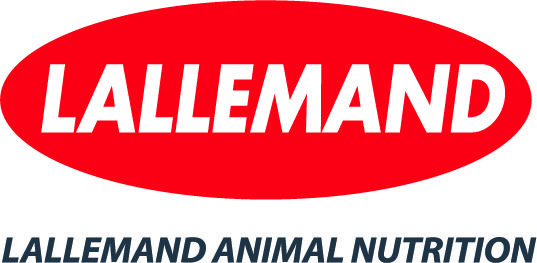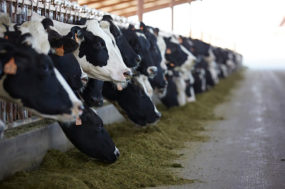If we want people to understand what farming is like, we can’t only showcase red barns and rolling hills. We need to be willing to open up about the trials and tribulations we all know exist in agriculture.
I once had the opportunity to interview a dairy producer who gives regular tours of her working dairy farm. Many of the tours are pre-planned and are not cancelled just because they are having a bad day on the farm.
In fact, she isn’t even apologetic in those situations. If people are to truly understand where and how their food is produced, she wants to give them the full picture.
This recently happened to me. At 4:11 p.m. on Monday, June 17, I was on the phone with someone I had been trying to reach all day when, suddenly, the doorbell rang.
My children, not so subtly, informed me a strange woman was standing on the other side. I excused myself from the call and went to see what was going on.
The lady and her husband lived four hours away but happened to be in our neighbourhood. They had been driving up and down the nearby highway looking for people planting tobacco because they knew the crop was prevalent in our area. They noticed a crew in our field that afternoon and stopped to see if they could go out and watch.
I was hesitant at first. I really needed to get back to my phone call and, more importantly, we had only started planting. We were running at least a week behind schedule.
A cool spring delayed growth of the plants in the greenhouse, and frequent rain showers kept us out of the field. We finally had a window, but it was going to be short with more rain in the forecast late the next day.
A piece of tillage equipment broke during field preparation that day, which fueled the frustration. Plus, we had decided to shift the plot a little farther south to avoid some wet spots in the field.
This area that grew corn and soybeans well didn’t have the soil condition we wanted for tobacco. With so many clumps of clay, we were essentially trying to get our small plants to settle into gravel, and it just wasn’t working.
Needless to say, my husband wasn’t in the best of moods, and the last thing I knew he wanted was visitors. But as I stood in the driveway with this couple who had traveled a long distance, I didn’t have the heart to tell them to leave.
Instead, we drove out to the field where they could watch the planting and I could better tell them what was going on. I was cautious to explain, and not complain, because being too negative can be more hurtful than helpful.
Once they had seen enough, they left with a handful of plants and an understanding of how farming isn’t always as easy as it might appear from the road.
As we look at the state of the dairy industry in this issue, it is easy to see and feel the negative factors taking place today.
Don’t feel like you have to be positive all of the time. It’s OK to discuss the bad days too, as it brings that transparency to what you do. ![]()

-
Karen Lee
- Editor
- Progressive Dairyman
- Email Karen Lee









